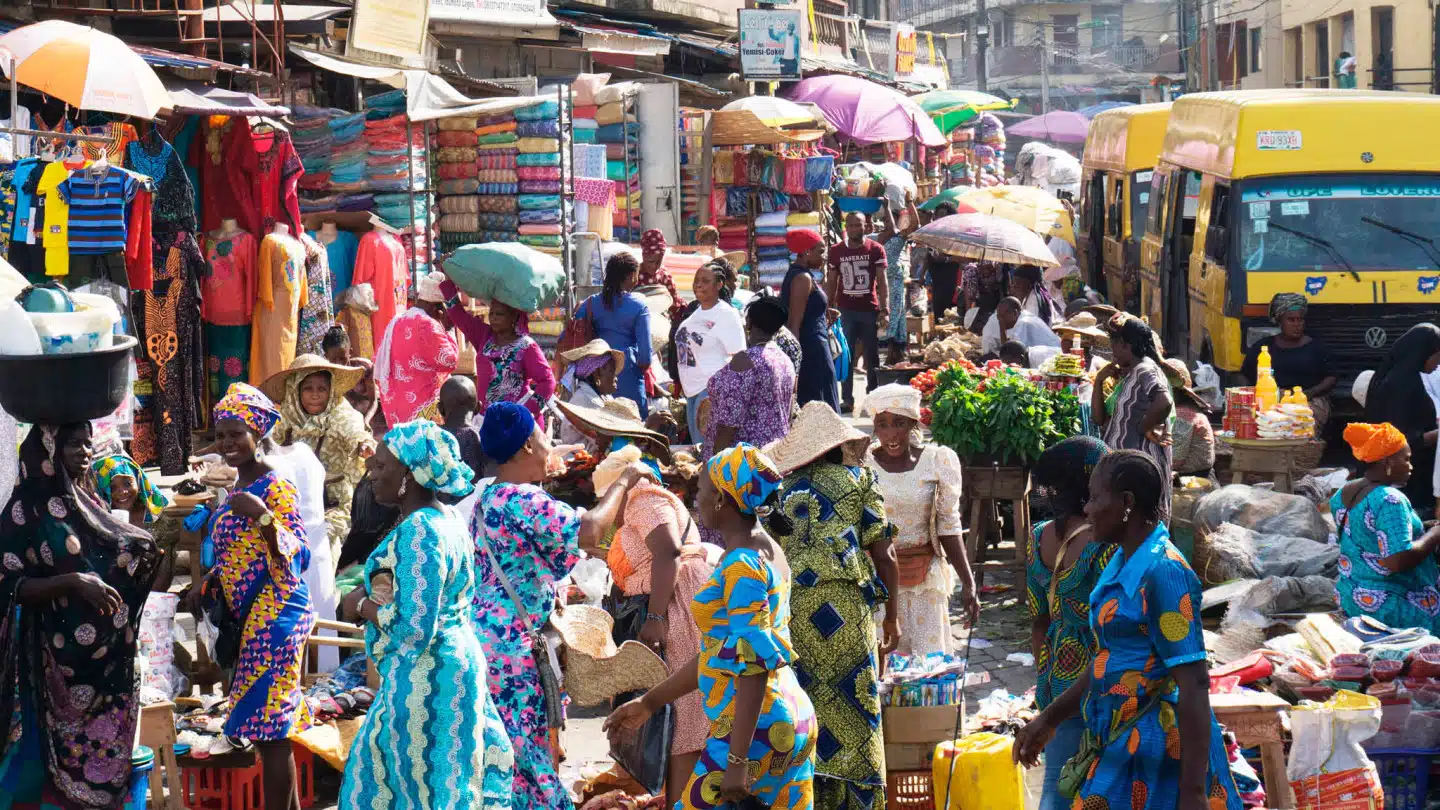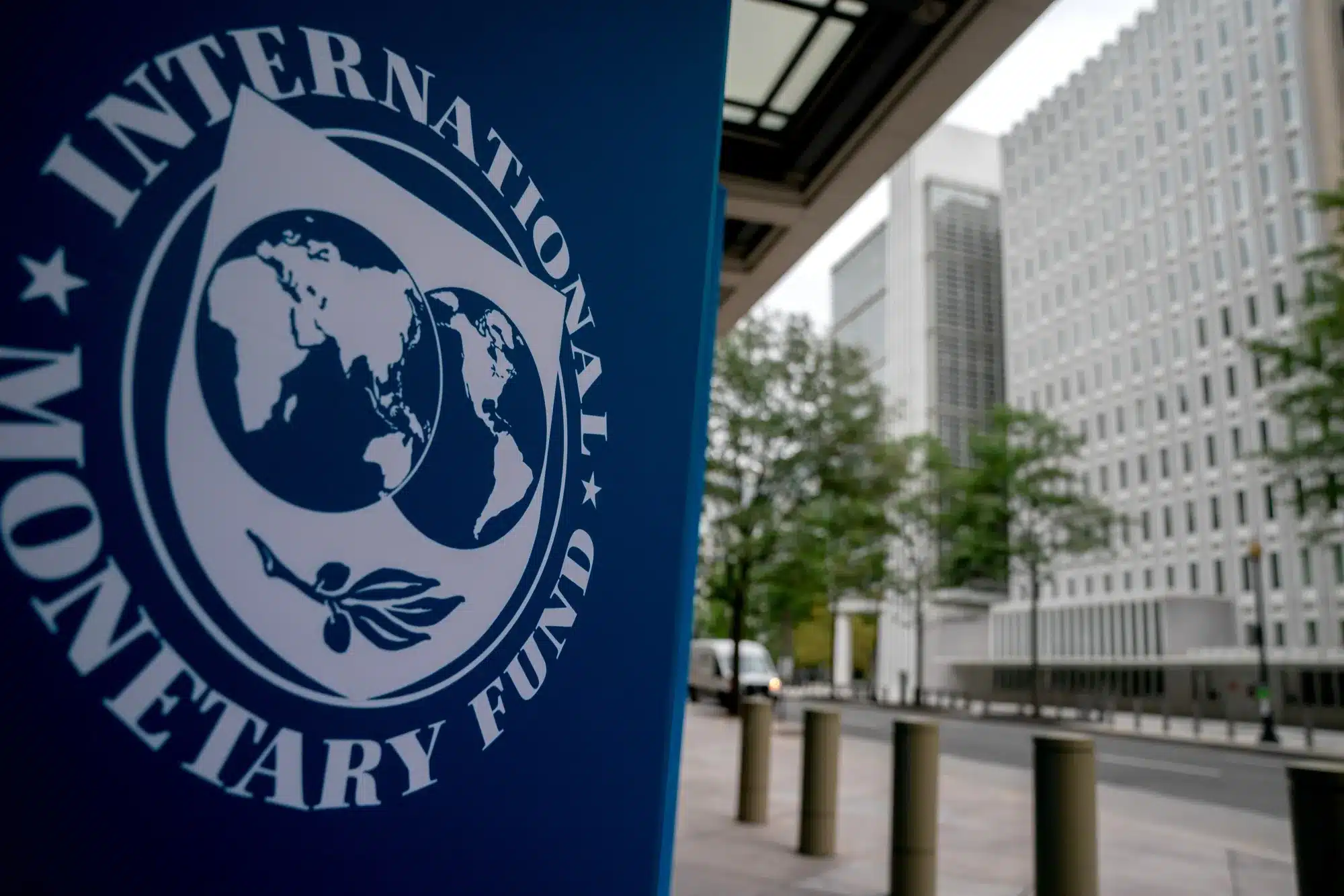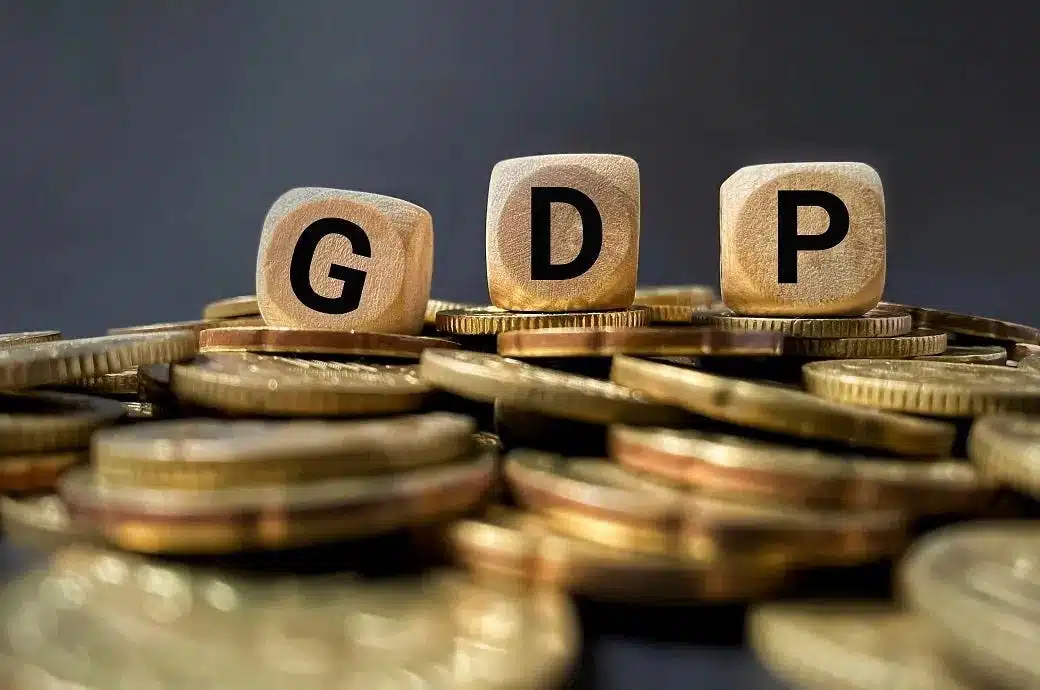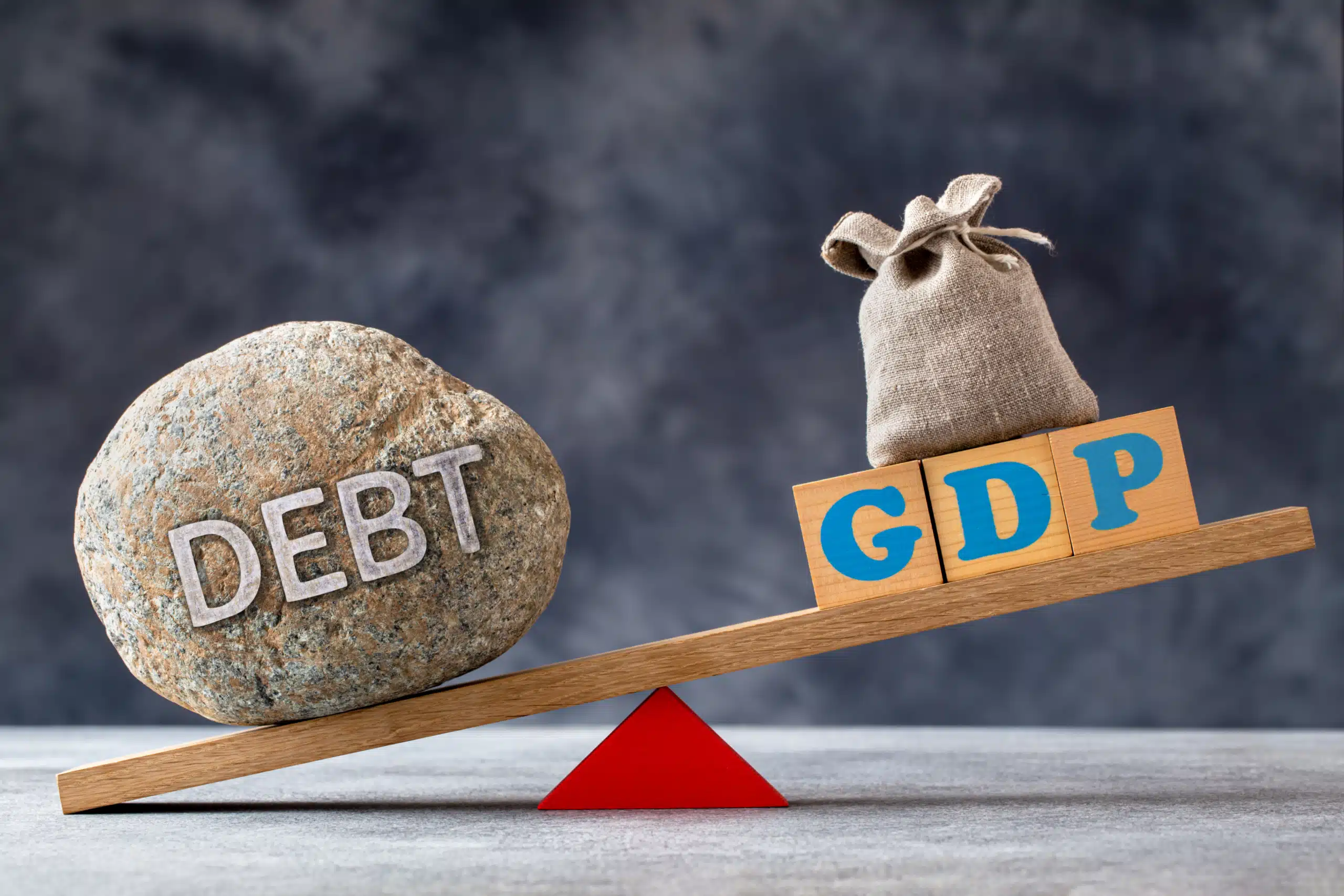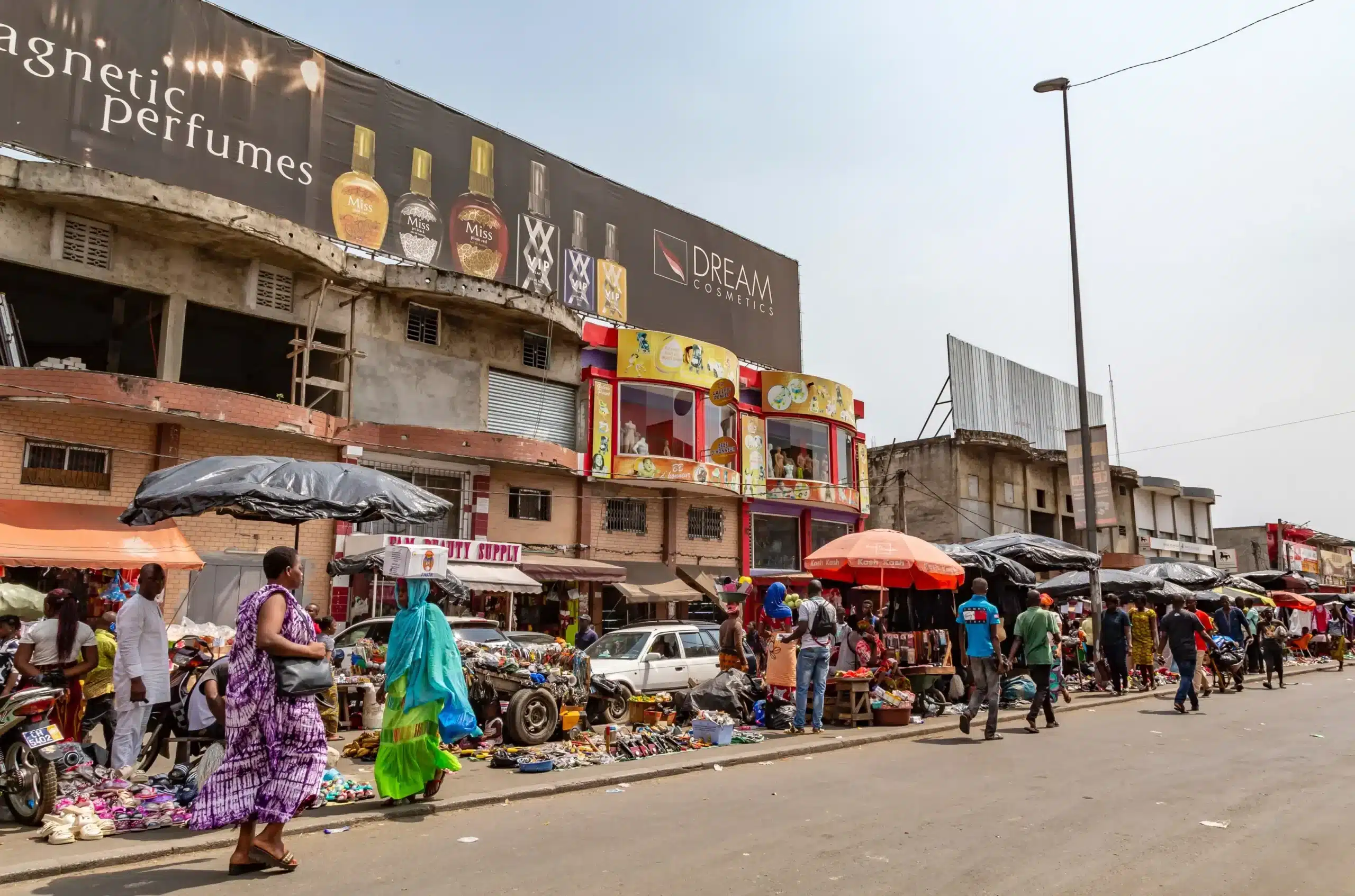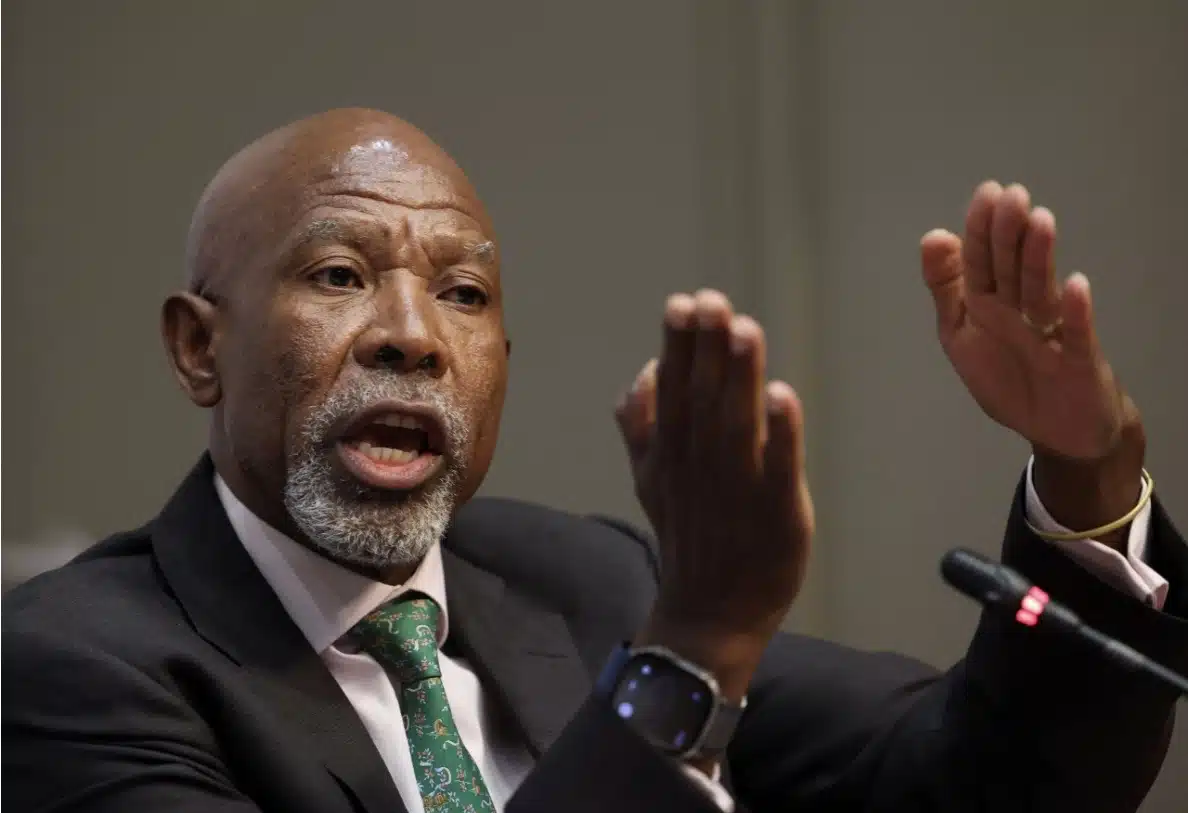Nigeria’s economy was undervalued by $64.5 billion in 2024, according to an analysis by Finance in Africa based on newly released rebased Gross Domestic Product (GDP) figures from the National Bureau of Statistics (NBS).
The revision, which updated the base year for national accounts from 2010 to 2019, reflects more current economic realities and incorporates emerging sectors previously unaccounted for.
The NBS revised the country’s 2024 GDP upward from $187.7 billion to $252.0 billion, representing a 35% increase. All dollar figures are based on the official average exchange rate of ₦1,478.9/$1 in 2024.
This is the most substantial annual revision in at least six years, underscoring the importance of timely statistical updates to capture evolving production patterns, digital services, and informal economic activity.
Expanded scope, methodological updates
Adeyemi Adeniran, the statistician-general of the federation, noted that the new base year (2019) was selected due to its relative economic stability. The rebasing incorporated enhanced data sources and captured previously underrepresented sectors, including informal services, digital platforms, modular refineries, and pension fund activities.
“This rebasing exercise not only updates the base year but also integrates improved methodology in line with international best practices,” he said during the launch event in Abuja on Monday. “It gives us the best estimate of the actual size and structure of the Nigerian economy.”
The updated GDP figures show consistently higher nominal values in naira terms across recent years: ₦205.1 trillion in 2019, ₦213.6 trillion in 2020, ₦243.3 trillion in 2021, ₦274.2 trillion in 2022, and ₦372.8 trillion in 2024.
However, when converted to US dollars, the trend reveals a decline—driven by exchange rate depreciation—with GDP falling from $668.3 billion in 2019 to $252.0 billion in 2024.
Bigger economy, but growth remains moderate
While the rebased GDP confirms Nigeria’s economy is significantly larger, it also paints a picture of slower growth. The real GDP growth rate for 2024 was slightly revised downward from 3.40% to 3.38%. Conversely, 2023 growth was adjusted upward from 2.74% to 3.04%, reflecting stronger-than-expected activity that year.
The pandemic’s true impact is also clearer: 2020’s economic contraction is now pegged at -6.96%, deeper than previously recorded. The recovery trajectory improved slightly in subsequent years, with growth rates of 0.95% in 2021 and 4.32% in 2022.
Despite modest growth, the larger base highlights Nigeria’s progress, particularly in non-oil sectors.
Services surge, industry struggles
Sectoral shifts were also revealed. Services emerged as the dominant growth engine, expanding by 4.43% in 2024, while industry and agriculture lagged at 2.80% and 1.69%, respectively.
The structural breakdown of GDP also shifted markedly. Under the old framework, services accounted for 50.22% of GDP in 2019. Post-rebasing, that figure rose to 53.09% last year, while industry dropped sharply from 27.65% to 21.08%, and agriculture climbed from 22.12% to 25.83%.
The weaker showing in industry raises concerns about Nigeria’s industrialisation prospects and structural transformation. It now ranks as the third-largest contributor to GDP, ahead of crude oil and gas.
Based on the rebased 2019 estimates, crop production led with 17.58%, followed by trade (17.42%), real estate (10.78%), telecommunications (6.78%), and crude oil and gas (5.85%). Previously, real estate ranked fifth at just 6.24%, behind oil and telecommunications
Nigeria still fourth-largest economy in Africa
Despite the $64 billion upward revision, Nigeria remains Africa’s fourth-largest economy behind South Africa, Egypt, and Algeria. The World Bank had previously estimated Nigeria’s GDP at $187.8 billion, behind Algeria’s $263.6 billion.
This contrasts sharply with Nigeria’s last rebasing in 2014, when the country overtook South Africa to become the continent’s largest economy. That revision had introduced telecoms, Information Communication Technology, entertainment, and aviation into GDP calculations.
Now, while the revised GDP better reflects today’s economic structure, it also highlights how peers like Algeria and Egypt have grown, buoyed by more stable currencies and better integration of formal sectors.
Expert reaction: ‘More realistic benchmark’
Muda Yusuf, renowned economist and CEO of the Centre for the Promotion of Private Enterprise (CPPE), said the updated figures were expected but not overly dramatic.
“We know that the economy is bigger than what we have been quoting it to be,” said Yusuf. “But not as big as some analysts expected. We have also seen some structural changes in the economy.”
He added that the revised figures are expected to improve Nigeria’s economic ranking—not just within Africa, but also on a global scale. According to CPPE, the rebasing exercise provides a more realistic benchmark for assessing the economy’s performance and aligning policy direction going forward.

